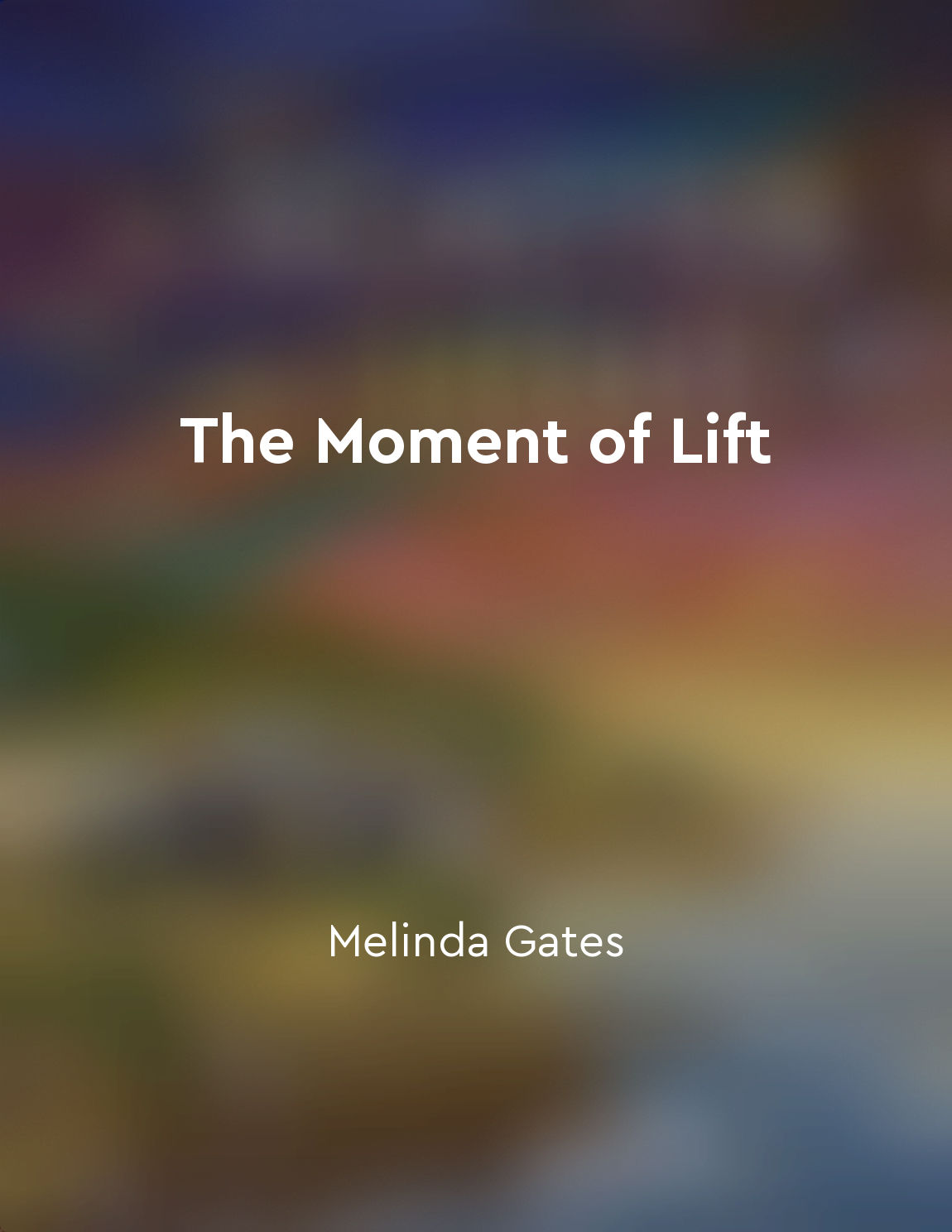Veil of ignorance from "summary" of A Theory of Justice, Revised Edition by John Rawls,Professor John Rawls
The concept of the veil of ignorance is a thought experiment that asks us to imagine a hypothetical situation in which we must decide on the principles of justice for society without knowing anything about our own personal characteristics. This veil of ignorance serves as a way to ensure fairness and impartiality in our decision-making process. By temporarily dissociating ourselves from our own circumstances, we are able to make more objective and rational choices that benefit the entire society rather than just ourselves. Under the veil of ignorance, individuals are unaware of their own social status, wealth, gender, race, or any other defining characteristics that could potentially bias their judgment. This ignorance forces us to consider the needs and interests of all members of society, not just those who are similar to us. By removing ourselves from the equation, we are able to adopt a more universal perspective that takes into account the well-being of everyone, not just the privileged few. The veil of ignorance encourages us to think about justice from a position of equality, where no one person's interests are given priority over another's. This hypothetical scenario pushes us to consider what principles of justice would be most fair and reasonable if we were in a position of ignorance about our own circumstances. By doing so, we are able to create a more just and equitable society that upholds the rights and dignity of all individuals, regardless of their personal characteristics.- The veil of ignorance challenges us to set aside our own biases and self-interests in order to make decisions that are truly just and morally defensible. It serves as a powerful tool for promoting fairness and equality in society by encouraging us to consider the perspectives and needs of all individuals, not just our own. Through this thought experiment, we are reminded of the importance of empathy, compassion, and solidarity in creating a more just and equitable world for everyone.
Similar Posts
Embracing vulnerability
Vulnerability is not weakness. It is the fundamental quality that allows us to connect with others on a deeper level, to truly ...
Mentorship plays a vital role in empowerment
Mentorship is a powerful tool that can transform lives. When someone takes the time to guide, support, and encourage another pe...
Deconstruction of religious doctrine
The deconstruction of religious doctrine involves breaking down the beliefs and teachings of a particular religion in order to ...
True freedom comes from selfawareness
In describing the concept of freedom, it is essential to recognize that true freedom can only be achieved through self-awarenes...

Engage men in gender equality efforts
It’s true that women have been leading the charge for gender equality for decades. And they’ve made incredible progress. But if...
Freedom requires courage
Freedom requires courage because it involves stepping outside the comfort of conformity and embracing one's own individuality. ...
The power dynamics in relationships can be toxic
Power dynamics in relationships can easily become toxic. It is a theme that runs through the stories in "The Thing Around Your ...
Respecting differing viewpoints
Respecting differing viewpoints is essential in any civilized society. It is what allows us to engage in meaningful dialogue an...
Competition benefits consumers
In a world of limited resources and unlimited wants, competition plays a crucial role in ensuring that consumers get the best p...
Embracing diversity in education
Diversity in education is not just about recognizing differences; it is about actively embracing and celebrating them. This mea...

